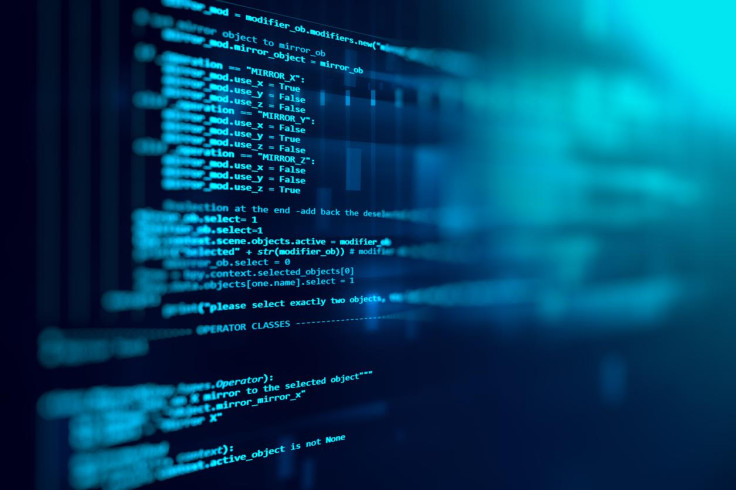'Off the scale' cyber threats to UK power grid raising concerns in energy industry
Growing numbers of IoT devices within the energy industry's technology have also increased risk of potential attacks.

The UK's energy sector is reported to be extremely worried about the risk of potential cyberattacks such as the recent global WannaCry ransomware epidemic that crippled the NHS. The fear is that attacks could target the nation's power stations and electricity grids.
The threats have escalated because of the recent trend of moving away from well-protected, centralised power stations to decentralised power, such as small gas power plants and solar panels on individual homes. A growing number of IoT (Internet of Things) devices within the energy industry's technology have also contributed to concerns about potential attacks.
"The UK stands out uniquely on cyber threats. Nowhere else is as worried as the UK about cyber threats: we are just off the scale on our energy system concerns on cyber," Steve Holliday, former CEO of National Grid, told the Guardian.
In the past, cyberattacks against power grids in the Ukraine and the US, believed to have been the handiwork of Russian hackers, have alarmed the energy industry. In April the Pentagon set aside over $70m to secure and defend its power grids from potential attacks.
Last year, the GCHQ decided to help secure the new smart meters which are slated to be installed in every home by 2020. The DCC, the organisation set up to handle smart meters' data, has now reportedly been deemed as critical infrastructure.
"We don't hold personal information [on energy supplier customers], we don't see any form of sensitive data and we are not connected to the internet," Matt Roderick, DCC chief technology officer, said.
The worry over potential attacks comes on the heels of Britain's parliament having suffered a data breach, suspected to have been perpetrated by Russian state-sponsored hackers.
The oil and gas industry is also concerned about potential cyberattacks.
"Cyber is high on the agenda. It is one of the key risks the company identifies," said Carl-Henric Svanberg, chairman at BP. "We were not affected luckily by this [Wannacry] attack, primarily because everybody had followed procedures of continuous updates."
Recently, security experts warned about a new malware dubbed "Industroyer" which is suspected to have been used by hackers in the attacks against Ukraine's power grid in December 2016. The attack caused a blackout in the country's capital Kiev and was the second time that hackers had targeted Ukraine's critical infrastructure in a year.
The World Energy Council, which consists of key industry leaders across the globe, recently said that focus has been high on cybersecurity within the energy sector.
Britain is not alone in its worry over becoming a potential target for hackers. Both Canada and America have also been warned by their respective governments about imminent risks to their power grids.
© Copyright IBTimes 2025. All rights reserved.























